There’s no doubt that principled neutrality is a hot-button topic on campus. Chancellor Daniel Diermeier takes every opportunity to tout his stance on principled neutrality, with his revolutionary approach to political issues on campus even being featured in the Wall Street Journal. Under this policy, the administration refrains from commenting or taking positions on “controversial issues that don’t directly relate to the function of the University,” instead encouraging students and faculty to engage in free speech and debates on the topics at hand. Throughout his WSJ op-ed, Diermeier provides ample commentary on his opinions surrounding the state of college campuses in 2023. To him, campuses have become epicenters of “moral tribalism” where opposing viewpoints are frowned upon; this environment has inhibited a commitment to free speech on campuses across the country.
I believe Vanderbilt’s stance is not “bold” and instead a repetition of problematic 2016 politics resurging in public discourse. It’s time for Vanderbilt students to critically evaluate what we learned from the past and how we can navigate current conversations on free speech.
Although freedom of expression has always been part of our national discourse, free speech debates were thrusted into the spotlight on college campuses from 2016 to 2019. Many of those debates focused on “safe spaces,” or forums where anyone can fully express themselves without being targeted based on their identity. In safe spaces, students can also share challenges or experiences of discrimination without fear. Moira Kenney writes in her book Mapping Gay L.A. that the term “safe spaces” originated to describe gay bars during the 1980s when LGBTQ+ individuals were at serious physical risk in public spaces. Inclusive spaces allowed LGBTQ+ individuals to socialize with others without fear of discrimination.
What originated as a feasible method of protecting LGBTQ+ individuals later became a term tossed around in free speech debates. Many journalists said that safe spaces limited debate, infringed on First Amendment rights and created intellectual silos. The situation shows the danger of preserving debate for the sake of debate rather than addressing prejudice.
The debate on safe spaces quickly turned contentious when intense media coverage amplified those discussions. Media outlets across the political spectrum used their platforms to make the issue one of 2016’s most discussed controversies, ultimately creating a storm of resistance to progressive politics by platforming right wing figures. Right wing media platforms like BreitBart and Fox capitalized on the debate and highlighted conservative voices like Milo Yiannopoulos and Richard Spencer, who espoused white supremacist arguments that were increasingly intolerant to minorities.
Many people claim that the presence of safe spaces on college campuses threatens free speech in higher education. But is free speech actually threatened?
I argue that this is not the case — not in any meaningful capacity, which is why Diermeier’s principled neutrality stance feels so arbitrary. College administrators have a track record of being reactive rather than proactive when it comes to protecting students. Take for example UC Davis, where violence erupted with the arrival of outside individuals from the Proud Boys and Antifa on campus. In this situation, the university’s inaction on making a statement may have increased the likelihood of a violent scenario. Principled neutrality trades administrative engagement in intellectual discourse on campus and allows for conservative speakers to profit from manufactured controversy, leaving the community fractured and divided in their wake.
College administrations may appear to assume a neutral stance at face value, but leaders are often willing to take controversial stances on issues when it conveniently benefits them. While the university has worked to combat climate change, in 2020, Diermeier sat on a panel with The International Pipeline Foundation, where he openly collaborated with fossil fuel companies that are directly responsible for climate change that the university purports to combat. While Vanderbilt has vocally supported initiatives for racial justice, the school has under-compensated graduate workers and has been notably silent on the death of a Rothschild College construction worker. Vanderbilt claims to support all students with diverse gender identities, yet continues to collaborate with Senator Marsha Blackburn, who opposes the university’s public commitment to supporting diverse gender identities. Climate change, labor rights and wealth disparity are just some of the controversial topics that Vanderbilt has taken head on, despite our administration’s commitment to “neutrality.”
How can the university claim to uphold principled neutrality if it is not, in fact, neutral at all?
In response to the repeal of Roe v. Wade in June of 2022, the university was quick to reiterate its reproductive task force. Vanderbilt’s forceful response to the Supreme Court decision included promises to “address impacts to clinical care, education instruction, student health, and other areas” while reaffirming their commitment to being a forum for debate. This commitment to care, as well as intellectual integrity, was noticeably absent when it comes to issues regarding health care for transgender people on campus. Following attacks on VUMC’s transgender health care clinic, the university’s email stated a commitment to offering “support” during this time but stressed the “legal separation” between Vanderbilt University and VUMC as well as emphasizing “academic freedom.” This immediate response decrying the legal separation felt contradictory to the prevailing perception of Vanderbilt and VUMC being under one “Vanderbilt” and demonstrated a lack of commitment to the protection of students in their initial response. A task force on LGBTQ+ life was created later, however that initial response is what caught my attention.
In light of VUMC disclosing the medical information of transgender patients, we’ve seen how limited Vanderbilt’s principled neutrality stance is in practice. The university believes that its commitment to academic freedom is a logical response to the escalating attacks on the individual rights, freedoms and privacy of marginalized students. Yet, students who attend Vanderbilt — especially those who have sought out services from VUMC — remain in the dark about whether their medical information will continue to stay private while our administrators uphold their commitment to principled neutrality. This shows how the theoretical debates on principled neutrality have very real implications for the day-to-day lives of students at the university.
Michael Knowles, a conservative political commentator, spoke on Vanderbilt’s campus on Nov. 29, 2023. Knowles was the subject of national outrage when he stated in an interview with Senator Ted Cruz that “for the good of society…transgenderism must be eradicated from public life entirely.” Vanderbilt didn’t approve or disapprove of the event’s topic and didn’t stop the event from happening. This perspective was further emphasized in a Hustler article, where Diermeier stated that Knowles’ views did not represent the university and that the topic was “not related to the core operation of the university,” reiterating that the university would stay silent on the issue.
Vanderbilt’s free speech policies explicitly warn against the type of harmful language espoused by Knowles, stating that “speech that violates the law, such as libel, slander, harassment, or threats; that infringes on legally-protected privacy or confidentiality interests; that directly impedes university activities in a severe and/or pervasive manner; or that intentionally promotes hate of individuals or groups is not protected at Vanderbilt.” Knowles argued in his speech on campus that “transgender people don’t exist.” Does this not count as promoting hate of transgender individuals? Is that not inconsistent with the university’s policies? This makes Diermeier’s equivocation of civil rights activists and community organizers like Stokely Carmichael with staunch segregationists like former senator Strom Thurmond very worrying. Though Carmichael was controversial, his political views did not directly advocate for the dehumanization of students’ of color at Vanderbilt. Would the university neglect to comment if a segregationist was slated to talk on Vanderbilt’s campus today, if it was organized by students?
Instead of focusing solely on Knowles’s hurtful words, students should also cast a wary eye toward the Vanderbilt administration. Diermeier has stated that our campus community should be able to have debates on gender-affirming care. However, given the escalating attacks on LGBTQ+ people across the US, the university seems to be making a big mistake in prioritizing debate over the protection of marginalized students. Vanderbilt invests its energy into creating a safe space for “debate” regardless of the harm it could cause for marginalized students.
We should not prioritize debates over fundamental human rights like health care, privacy and safety over protecting the rights of the people.



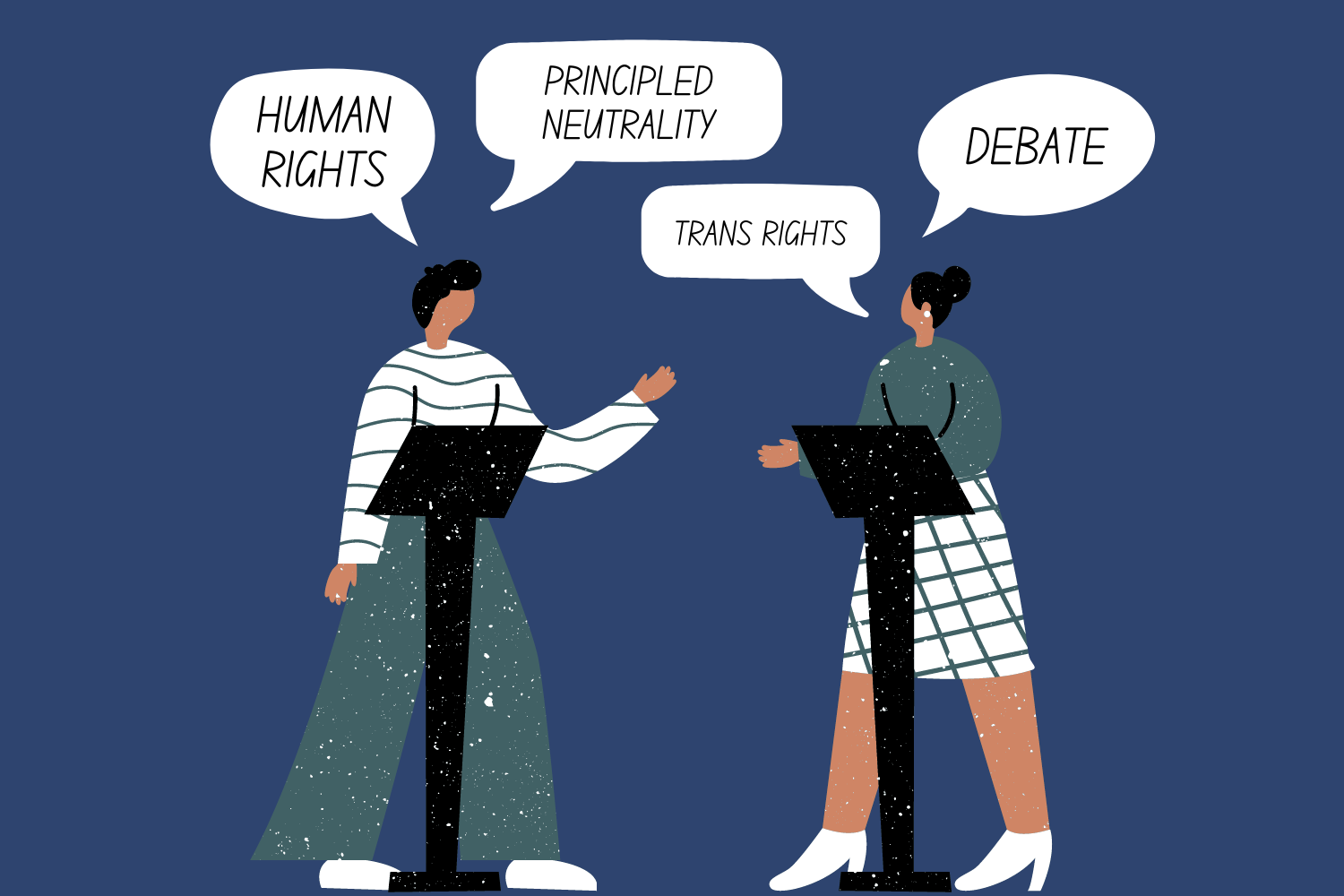
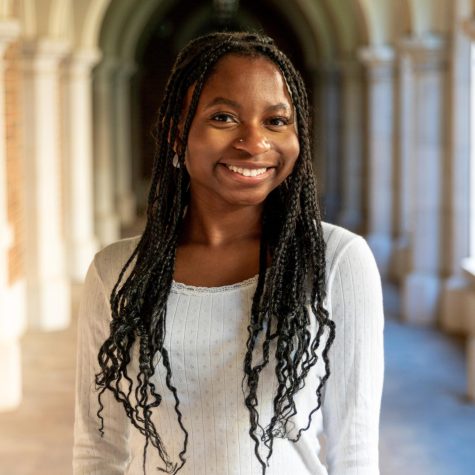
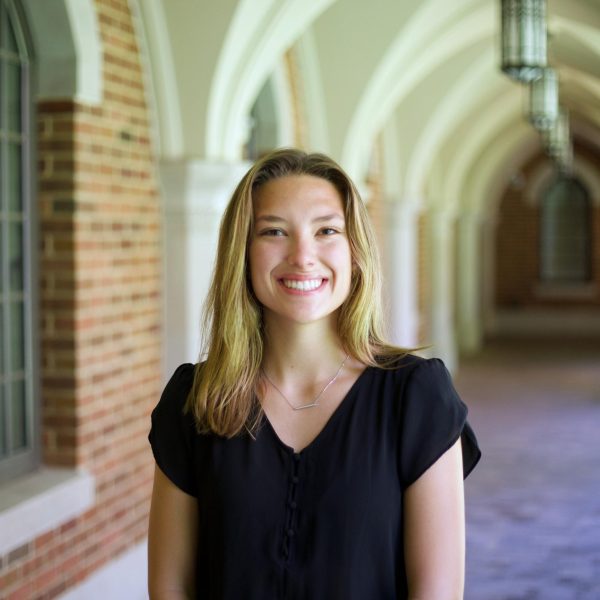

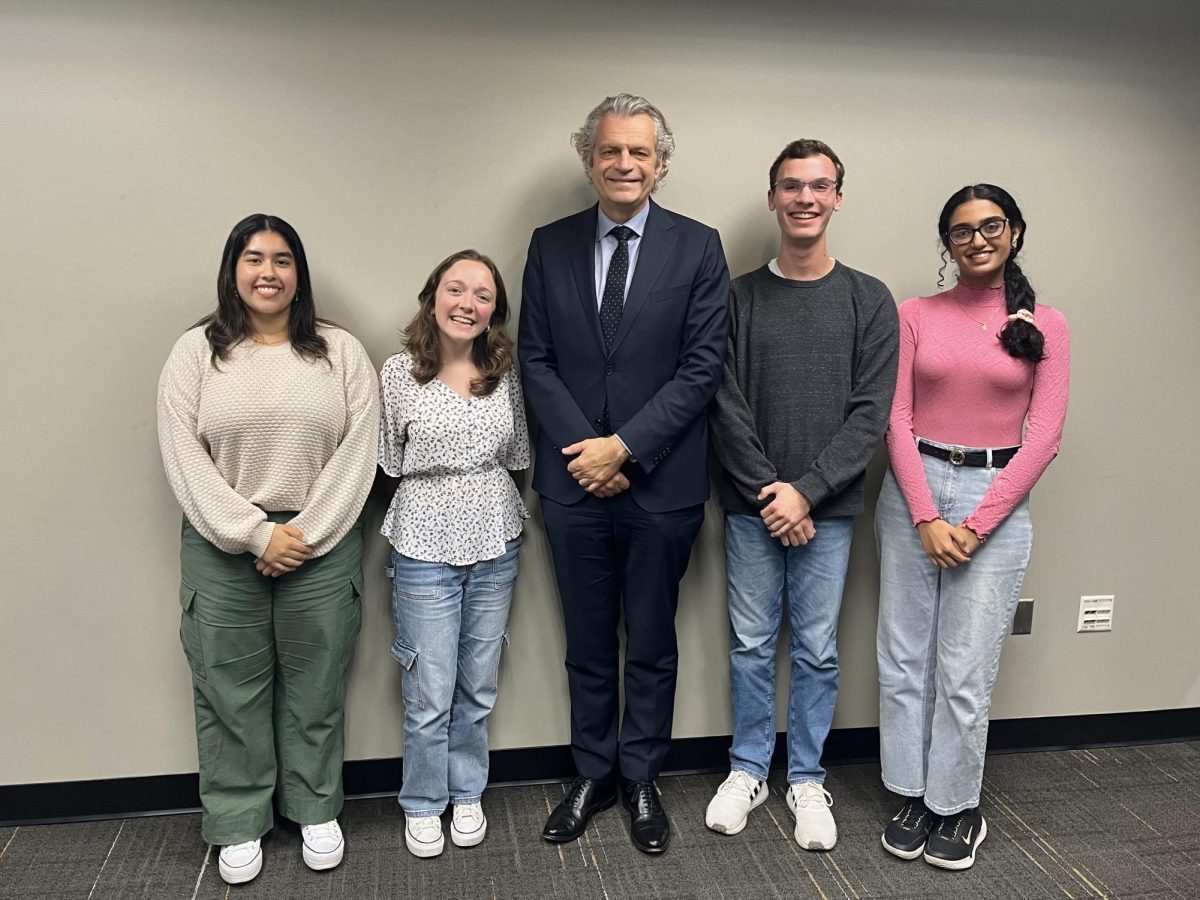
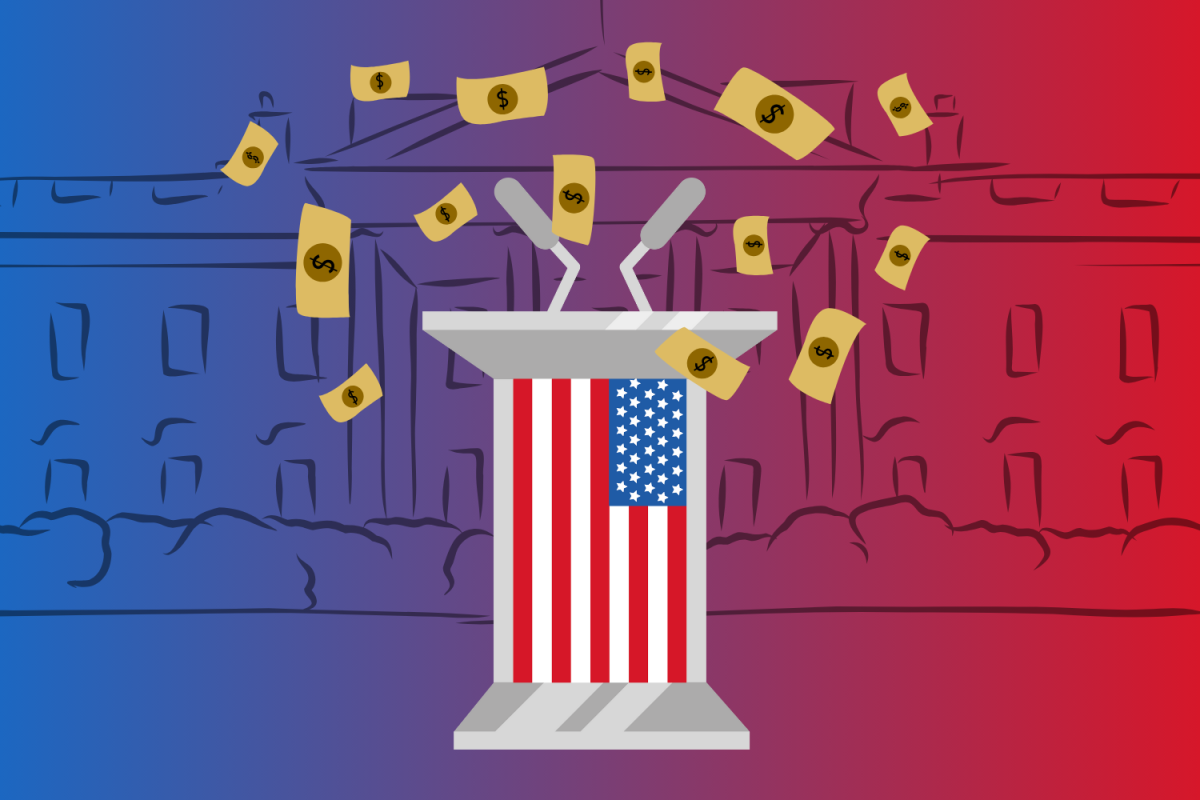
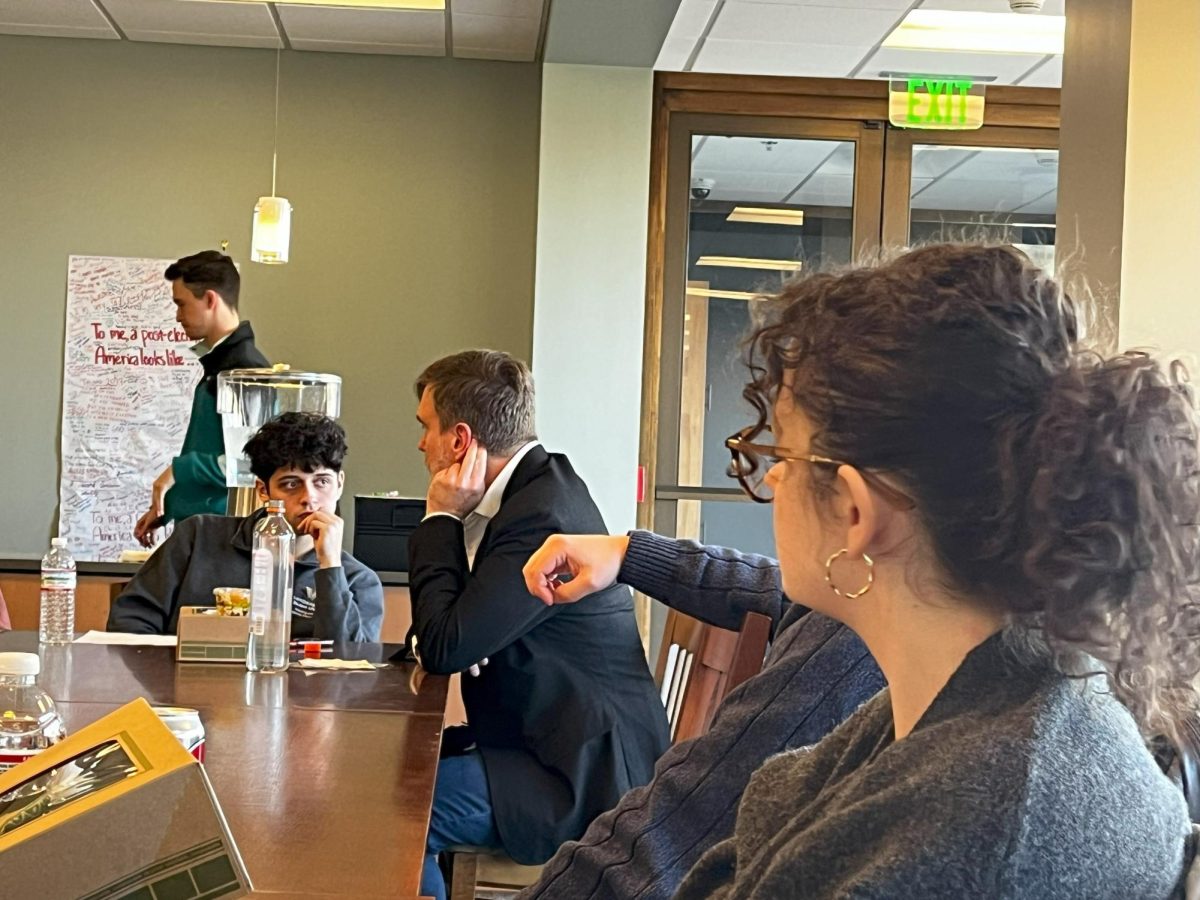
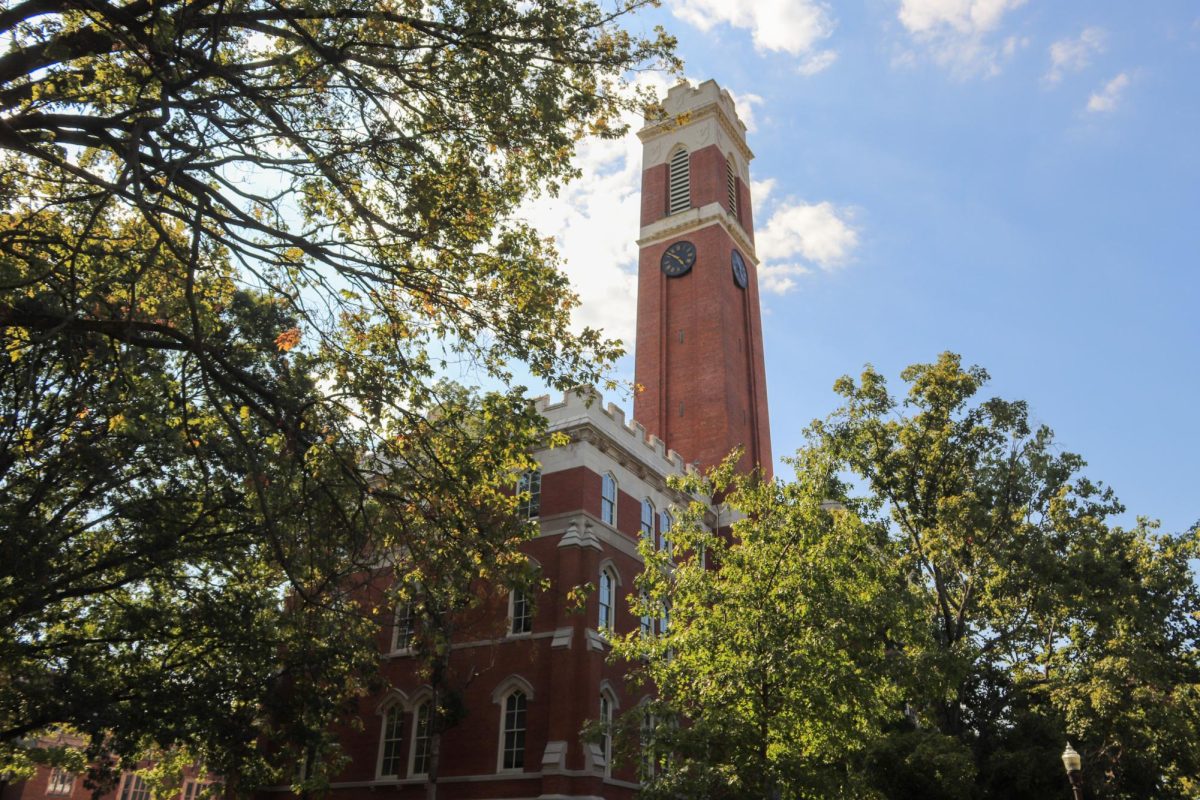
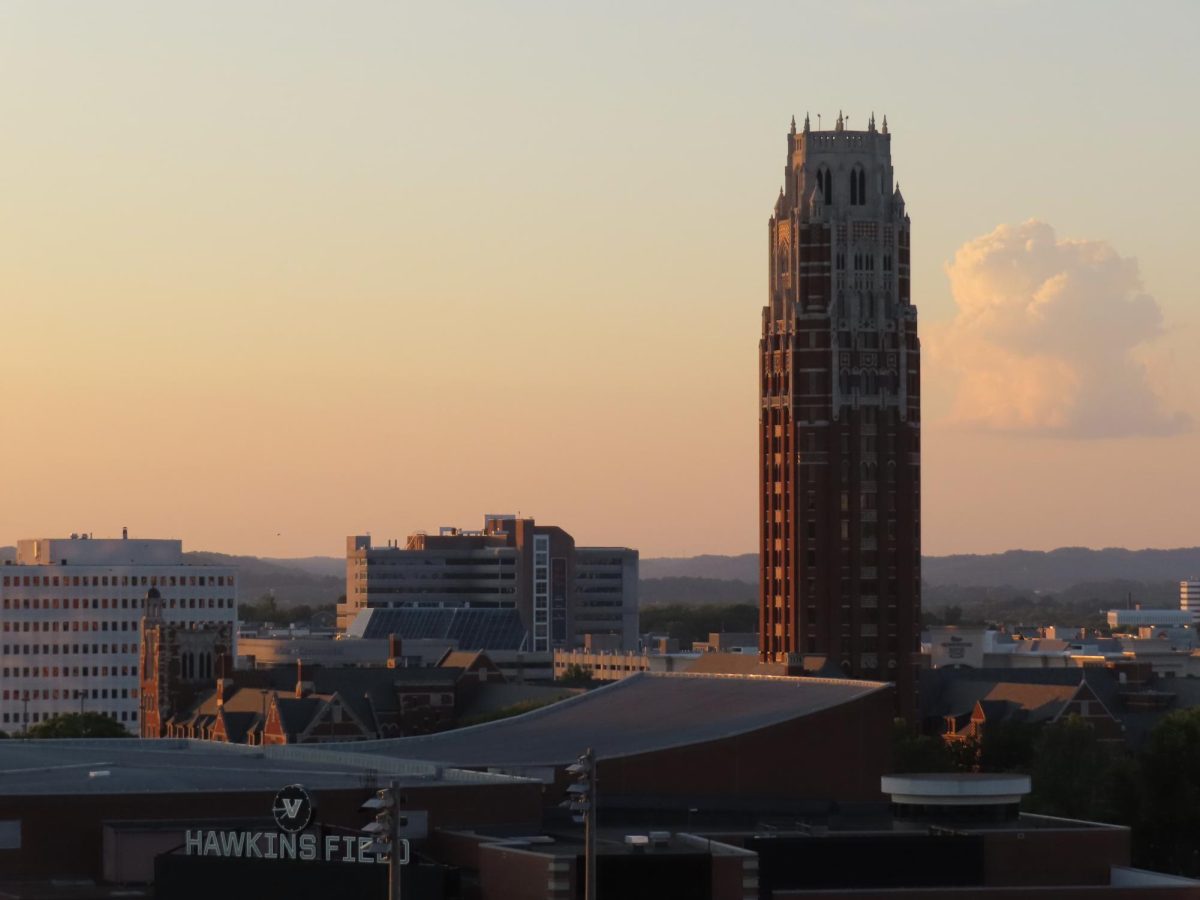
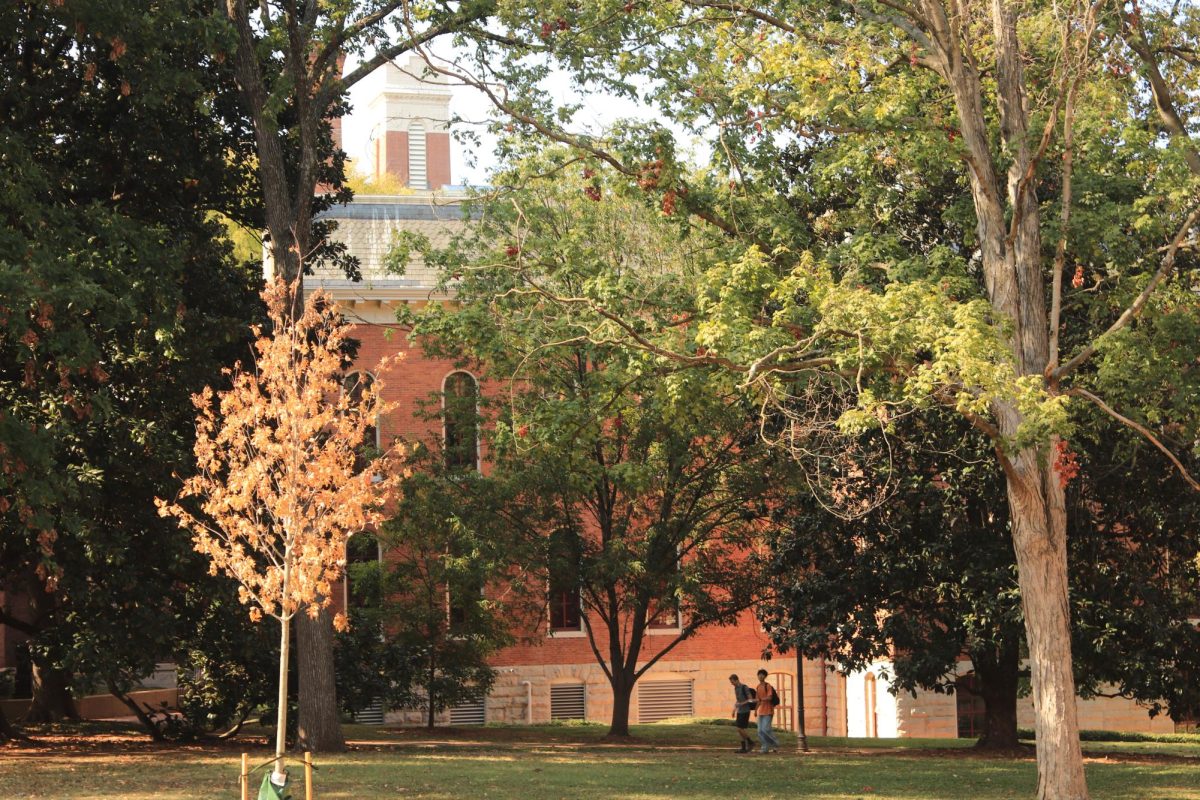
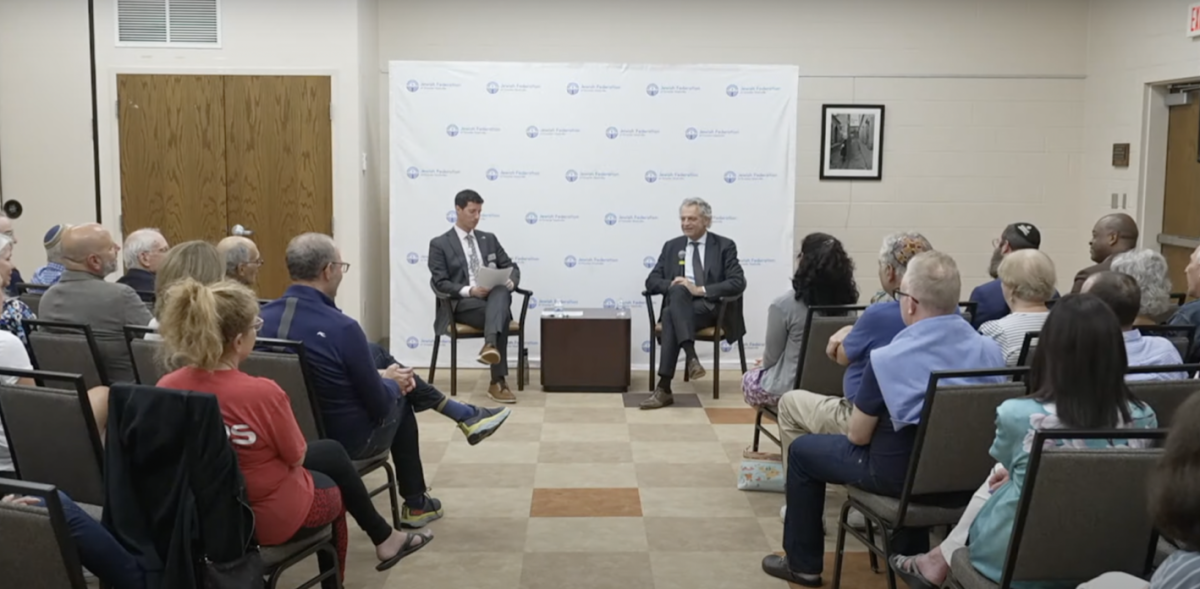
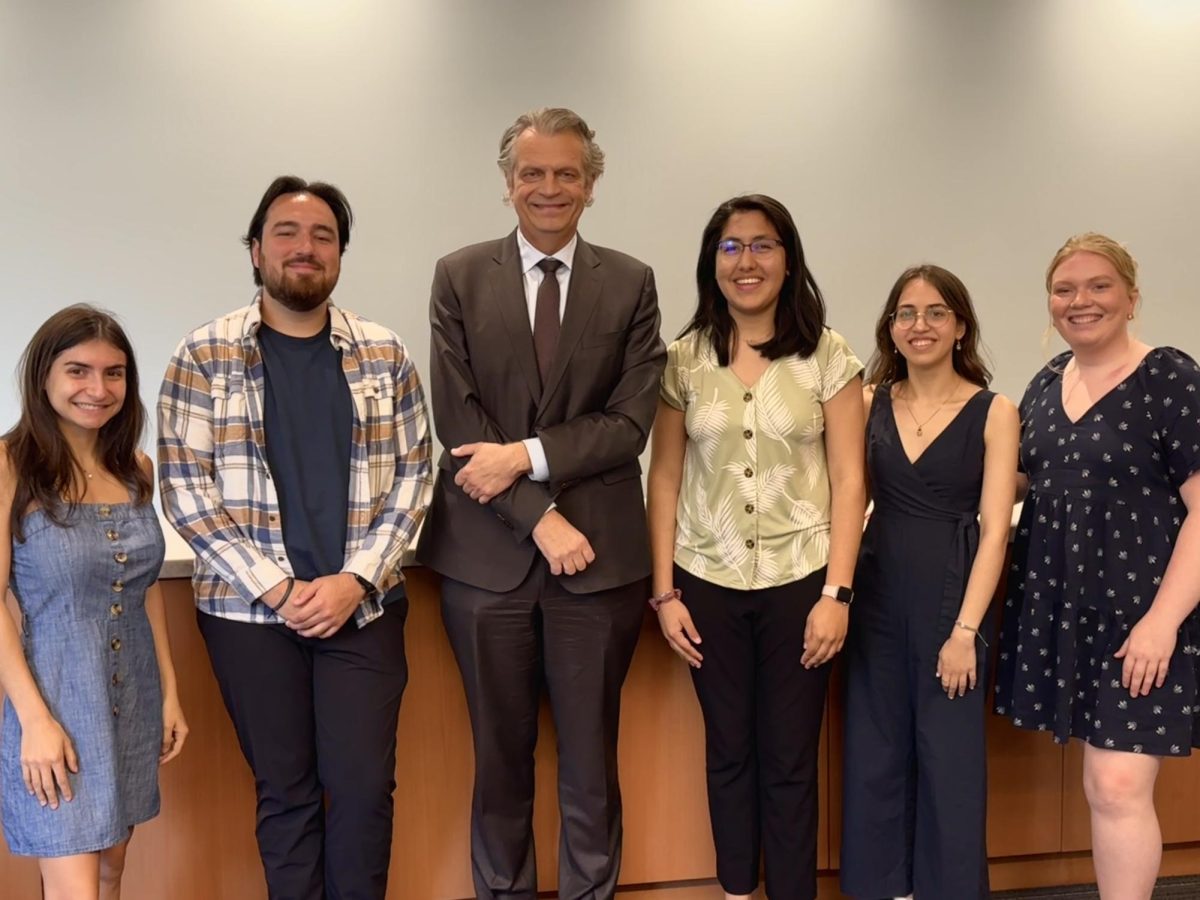
Olivia • Feb 8, 2024 at 12:12 pm CST
Agreed. Allowing free speech =/= allowing hate speech.